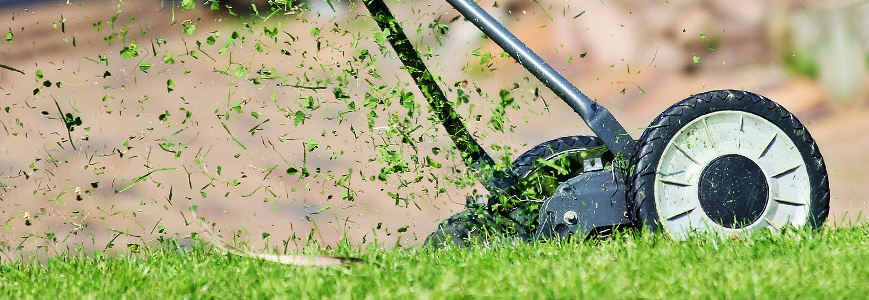THE LANDSCAPING SOLUTIONS BLOG
Welcome to our Blog. Inspiration, updates and industry trends from the team at Landscaping Solutions.
GARDENING: AN ANTIDOTE FOR THE MODERN WORLD

A number of recent studies conducted by researchers and health practitioners have concluded that daily contact with nature has a positive and long lasting affect on our mood. The simple act of gardening itself provides substantial human health benefits and not just for your physical health but your mental health too. In short, gardening is good for you.
Studies carried out across the United States, Europe, Asia, and the Middle East all looked at the effects of daily contact with nature and its long lasting benefits on our health.
The research showed a wide range of positive health outcomes, such as reductions in depression, anxiety, and weight loss.
Many of us live in a society full of daily stresses. Difficult commutes, long working hours, daily obligations and workplace pressures all form part of our daily routines. Add to this high-fat diets, environmental pollutants and increased levels of social and psychological stress and it quickly becomes easy to lose touch with nature altogether.
As a result, conditions such as heart disease, depression, diabetes, and obesity have become a major public health issue. It is estimated that worldwide, approximately 415 million people currently suffer from diabetes and somewhere in the region of 350 million people suffer from some form of depression. Sadly this trend shows no sign of slowing.
As part of the various studies, a number of volunteers who had been diagnosed with depression, persistent low mood, or bipolar disorder were asked to spend six hours a week planting. After three months, over half of the volunteers had experienced a measurable improvement in their symptoms of depression with others showing lower levels of the stress hormone cortisol.
As the research has shown reversing the adverse effects of losing touch with nature is possible. The sensory experience of gardening offers the opportunity to quickly and easily reconnect with nature. First and foremost gardening gets you outdoors, while simple tasks like digging, planting and weeding offer excellent forms of low-impact exercise. The plants themselves improve your local environment, trapping toxins and filtering harmful pollutants, in turn improving not just your health and wellbeing but those around you too.
The beauty of it is you don't need a big garden to start reaping the benefits either. A small garden or courtyard is more than sufficient and even something as simple as gardening containers is a great way to start out. With the right approach even the simplest gardening experience can help make a difference.
As subject matter close to our hearts, we’ve covered a number of environmental issues over the past months. If you have found this article interesting you may also enjoy some of our previous articles - Battling Urban Air Pollution: The Humble Hedge, Pocket Parks and Bees In Crisis.